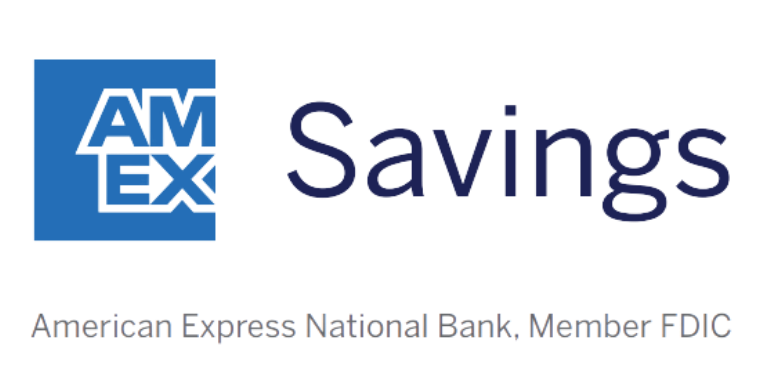An emergency fund is your best protection against unexpected bills hitting your budget like a speeding freight train. There’s no possible way to account for every expense life will throw at you, and it can be a terrible feeling to put a surprise car repair or medical bill on a credit card because you’re otherwise unable to cover the cost.
Experts recommend saving at least three to six months’ worth of expenses for your emergency fund (to figure out how much you should save, plug your numbers into our emergency fund calculator). The intention behind recommending this figure is that it’s likely enough to see you through a period of lost income (say, if you got laid off) as well as helping you handle emergency expenses.
Don’t feel bad if you have nowhere close to that figure saved. Honestly, any amount of extra cash can help you out of a jam. If you want to ramp up your emergency fund contributions, automating transfers from your checking account is a solid strategy to try.
You’ll also need a safe place to keep your emergency fund, and there’s one type of bank account that could be the perfect fit. Let’s take a closer look at money market accounts (MMAs) and why they work for this crucial cash.
Our Picks for the Best High-Yield Savings Accounts of 2024
|
American Express® High Yield Savings 
APY 4.00%
Rate info
Member FDIC.
|
APY 4.00%
Rate info |
Min. to earn $0 |
|
Capital One 360 Performance Savings 
APY 4.00%
Rate info
Member FDIC.
|
APY 4.00%
Rate info |
Min. to earn $0 |
|
CIT Platinum Savings 
APY 4.55% APY for balances of $5,000 or more
Rate info Min. to earn $100 to open account, $5,000 for max APY
Member FDIC.
|
APY 4.55% APY for balances of $5,000 or more
Rate info |
Min. to earn $100 to open account, $5,000 for max APY |
Money market accounts 101
Depending on how deep you are in banking and the personal finance space, you might be unfamiliar with money market accounts. MMAs are almost like a cross between a checking account and a savings account, with some of the features from each.
Have I piqued your interest? Click here to check out our picks for the best money market accounts to open now.
Savings features MMAs share
Money market accounts earn interest, like savings accounts do. In fact, among bank accounts that allow you to add and remove money while the account is open (unlike CDs, which require locking your money up for the term of the CD), money market accounts have the highest average APY as of this writing, at 0.61%. However, this is an average of all money market accounts, and some online banks are paying much higher rates.
Many of our favorite money market accounts are paying around 4%. That could generate a handsome return indeed. If you have a $10,000 emergency fund and you stash it in a money market account earning 4% APY, you’ll make almost $400 in a year if your APY doesn’t change and you don’t add any more money to the account.
It’s worth pointing out that we are currently in a falling interest rate environment, thanks to two recent rate cuts by the Federal Reserve — so even the best MMAs may not pay above 4% for much longer.
Checking features MMAs share
Money market accounts also come with check-writing capabilities or a debit card (and sometimes both), just like checking accounts do. This perk makes them especially great for an emergency fund. When you have a surprise bill to pay, you might need that money immediately, and savings accounts don’t always offer the easiest or fastest access to your money.
I have a high-yield savings account that I opened with an online bank last year. I love many things about it, but I was a little peeved that I had to open a checking account to link to it so I could get a debit card. And I still have to transfer money from my savings to my checking if I want access to my saved cash — this is easily done via my banking app, but it’s still an extra step. A money market account makes it easy to reach your money in a pinch.
One potential drawback of money market accounts
Before you rush to open a money market account for your emergency fund, slow your roll and consider one quality of these accounts that might give you pause. Some money market accounts have a minimum balance requirement to earn the highest APY offered.
This isn’t ideal, especially if you’re still in the process of building your emergency fund and don’t yet have enough money to earn the highest APY. So if you’re trying to decide between accounts, read the fine print and make sure the ones you’re considering will pay you the best rate regardless of your balance.
If you currently have your emergency fund stashed in your checking account or stuck in a regular savings account and earning no interest, take a closer look at money market accounts. One might just be a great home for your emergency fund.

